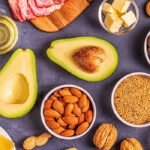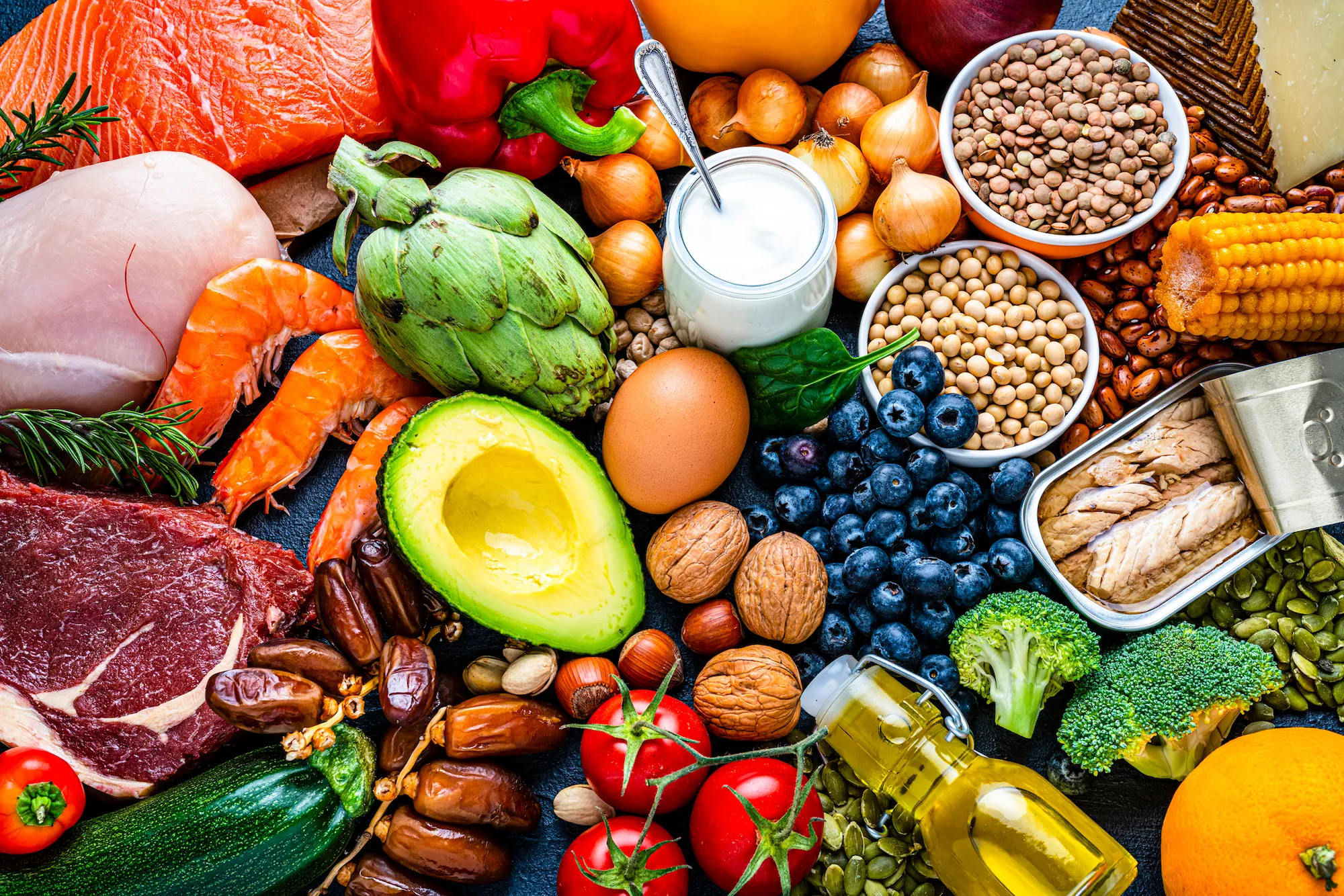Avoiding processed foods can be challenging, but it’s achievable with some mindful choices and planning. Here are some tips to help you reduce your intake of processed foods:
- Cook meals at home: Preparing meals from scratch gives you control over the ingredients and allows you to make healthier choices. Cook in bulk and plan your meals in advance to save time.
- Read food labels: When shopping, read the ingredient lists and nutrition labels carefully. Avoid products with lengthy ingredient lists, artificial additives, preservatives, and high amounts of added sugars, sodium, or unhealthy fats.
- Choose whole foods: Opt for whole foods that are unprocessed or minimally processed. These include fruits, vegetables, whole grains, legumes, lean meats, poultry, fish, nuts, and seeds.
- Shop the perimeter of the grocery store: Most processed foods are located in the middle aisles of the grocery store. Focus on the perimeter, where fresh produce, lean meats, and dairy products are typically found.
- Minimize packaged snacks: Limit your intake of packaged snacks like chips, cookies, candies, and sugary beverages. Instead, choose healthier options like fresh fruits, nuts, seeds, or homemade snacks.
- Prepare your own condiments and dressings: Many store-bought condiments and dressings can be high in added sugars, unhealthy fats, and preservatives. Make your own using simple ingredients like herbs, spices, vinegar, and healthy oils.
- Choose whole grains: Instead of refined grains like white bread, pasta, and rice, opt for whole grains like whole wheat, brown rice, quinoa, and oats. These are higher in fiber, vitamins, and minerals.
- Be mindful of convenience foods: Foods marketed as “convenient” or “ready-to-eat” often contain high amounts of sodium, unhealthy fats, and additives. Instead, take the time to prepare your own nutritious meals and snacks.
- Limit sugary beverages: Drinks like soda, energy drinks, fruit juices, and sweetened coffee or tea can be loaded with added sugars. Opt for water, herbal tea, unsweetened coffee, or homemade fruit-infused water for hydration.
- Focus on whole, fresh, and seasonal ingredients: Emphasize foods that are as close to their natural state as possible. Choose fresh produce, herbs, spices, and natural flavors to enhance the taste of your meals.
Remember, aiming for progress rather than perfection is key. Gradually make changes to your diet and experiment with new recipes and flavors to make healthy eating more enjoyable and sustainable.











